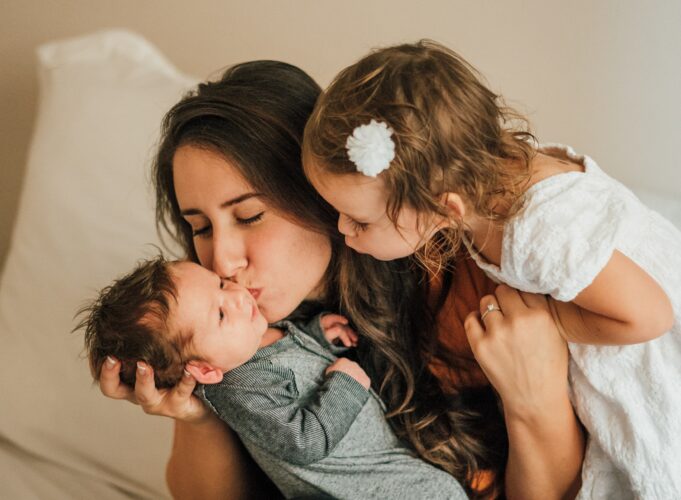In 2018, birth rated fell by 3.2 per cent across England and Wales in comparison to the year before. In 2012, there was also a 9.9 per cent fall on 2012’s peak.
There are many reasons speculated for why this happened, including couples choosing to focus on their careers first and start a family later rather than earlier.
Unfortunately, for some couples, this fall might be due to other things — fertility. According to the NHS, while 84 per cent of couples will conceive naturally within a year if they have regular unprotected sex, one in seven couples may struggle to conceive. While some may go down the route of IVF, others may choose to have surgical procedures to help treat infertility. There are also supplements available for both partners to take to help boost their fertility levels. Coenzyme Q10 boosts fertility by improving sperm quality. But, while these are all ways to try to increase our chances of conceiving, there are many bizarre fertility rituals evident across the world. Here, we take a look:
Cocktails in Zimbabwe
It’s true that there are certain foods and drinks which are aphrodisiacs. The likes of oysters, asparagus, and pomegranate are all said to have seductive connotations, while some restaurants and bars have concocted what they believe to be sensual cocktails. However, locals in Zimbabwe have taken it to a whole new level. It’s believed that baboon urine carries hormones that can boost male and female fertility. People are known to mix baboon urine with beer in a bid to aid their likelihood of becoming parents. Unsurprisingly, medical professionals in Africa advise against this ritual.
Coffins in China
Whilst the general procedure after someone has died is to distribute their belongings among loved ones, Cantonese traditions are quite different. Often, the daughters-in-law of the deceased will cover their stomachs with green cloths — this colour as associated with spring, growth and fertility. They will then rub their bodies against the coffin in a bid to gain the procreative power of the recently deceased person.
Italian Fertility Chair
In Naples is the illusive ‘miracle chair’. Believed to have been owned by Saint Maria Francesco of the Five Wounds of Jesus, this chair sees thousands of women queue up to sit in it and be blessed with increased fertility levels. There’s obviously no scientific proof that this will work, but around the chair are thousands of pictures of babies born to ladies shortly after they took part in this ritual.
Underwear in the Congo
Although it may be unique décor in bars such as Belfast’s Muriels, where ladies’ underwear is hanging on display, however, this isn’t the case in the Congo. It’s customary for the nation’s Yansi people to throw their underwear onto their roof when it’s a waning moon. This is meant to help boost fertility and the rate of conception.
Turkish Holy Water
Istanbul is home to the Wishing Column in the Hagia Sophia Museum. The museum, which has previously been a church and then a mosque, sees people come from far and wide to see the column which is said to weep holy water. It’s often referred to as being the tears of the Virgin Mary. Women will stick their thumb into the hole and rotate it as far as they can in the hope of boosting their fertility levels. They believe that this is their way of being blessed by this sacred water.
Hose Down Hungarian Style
In Hungary, a yearly Easter tradition takes place in Holloko, where women are doused in water by men. This ritual dates back to as early as the 2nd century and is believed to be a way to cleanse women in order to give them the gift of fertility. Women who want to participate line the streets in traditional clothing and wait for males to throw water over them.
British Stones
These bizarre rituals don’t just take place in foreign countries. Britain is also home to an unusual fertility custom. Its legend dates back over 4,500 years and it’s said that if a woman passes through it seven times, they’ll fall pregnant shortly after.
It goes without saying that medical advice and support should be first priority when trying to conceive. But if you fancy taking part in these fun and unusual traditions, you’re getting a trip away out of it too!














